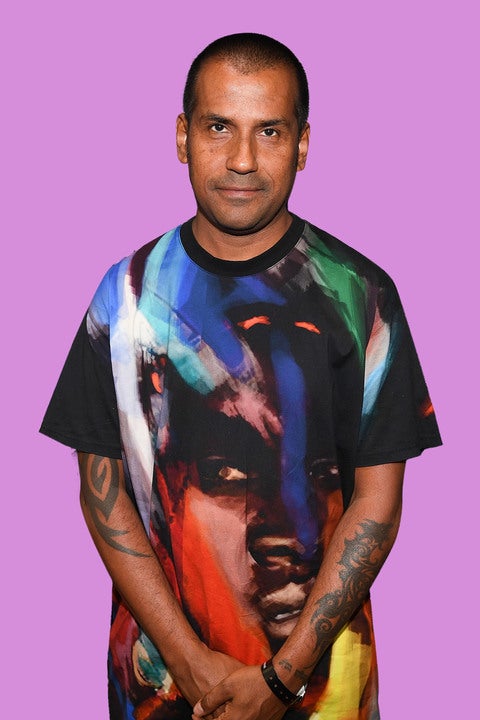
For most of his career Neal Farinah has preferred keeping a rather low profile. Despite styling the tresses of some of today’s biggest stars, including Mary J. Blige and Nicki Minaj — and the biggest star of all, Beyoncé — Neal has intentionally shied away from documenting his every move on social media.
Instead he’s preferred to focus on the task at hand, creating hairstyles that become cultural mainstays, like Lemonade braids and floor-length weaves. That is until now.
The Trinidadian-born Farinah is no longer the silent hairstylist he once was. Instead he’s using his platform and access, to not only promote his work but also demand respect for the Black hairstylists that oftentimes isn’t given.
“They [mainstream publications] don’t really give Black artists much credit. Especially, in this industry,” Farinah told ESSENCE.
While some do acknowledge how hard Black hairstylists work and how beautiful their work is, more people need to do so. As we know, it usually isn’t until a less melaninated individual does a hairstyle that it garners mainstream attention.
“As Black stylists, we don’t get enough credit for the great things that we do. When somebody else comes and does it, guess what they become an overnight sensation. We don’t get endorsement like some others get endorsements or product line and stuff, because we are considered Black hairstylist,” Farinah shared with ESSENCE.
Thankfully social media has provided a platform for hairstylist to share and promote their work — something vital shining a light on those who coopt our culture. We’re excited that more individuals are calling out the beauty industry’s dismissal of Black contributions and demanding respect.
“I just hope the industry changes, so they recognize us,” Farinah said.
There’s one major hair trend in particular that Farinah says we have him to thank for although the world doesn’t know he was behind.
Remember when everyone was rocking ombre hair? Well according to Farinah, he started the craze.
“One day Beyoncé was going on vacation and she was like, ‘Neal let’s do something.’ We had bleach and started playing with bleach on her hair and adding color. It turned out to be what they call ombre,” the stylist shares with ESSENCE. “Now, they have these different fancy names for it. But back then, we weren’t thinking about that,” he adds.
Whether praised for their contributions or not, we’re confident that Black hairstyles will continue to dictate the trends and push our culture forward.
